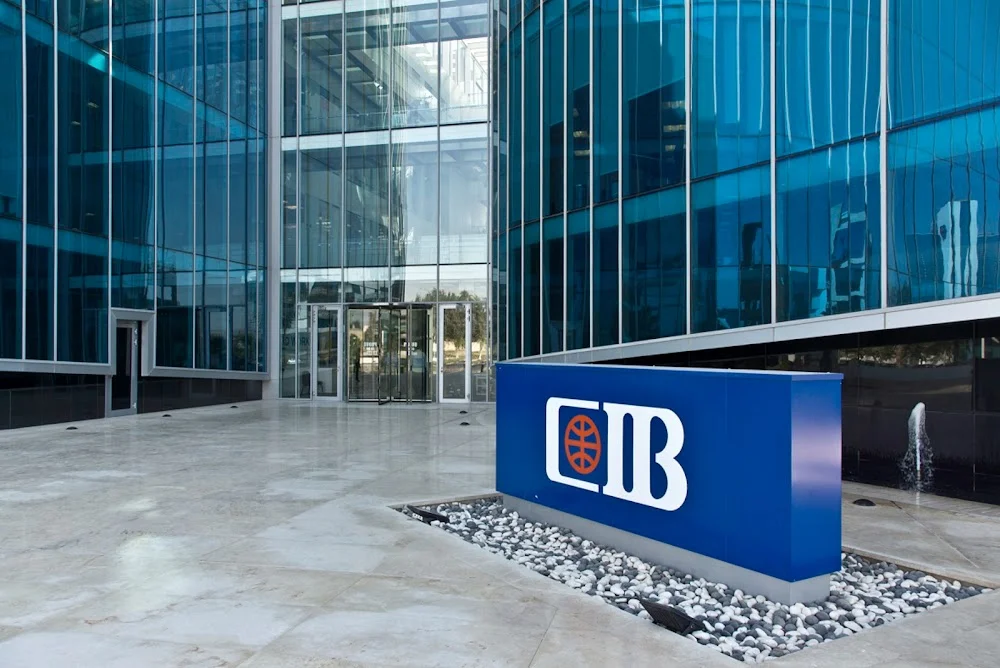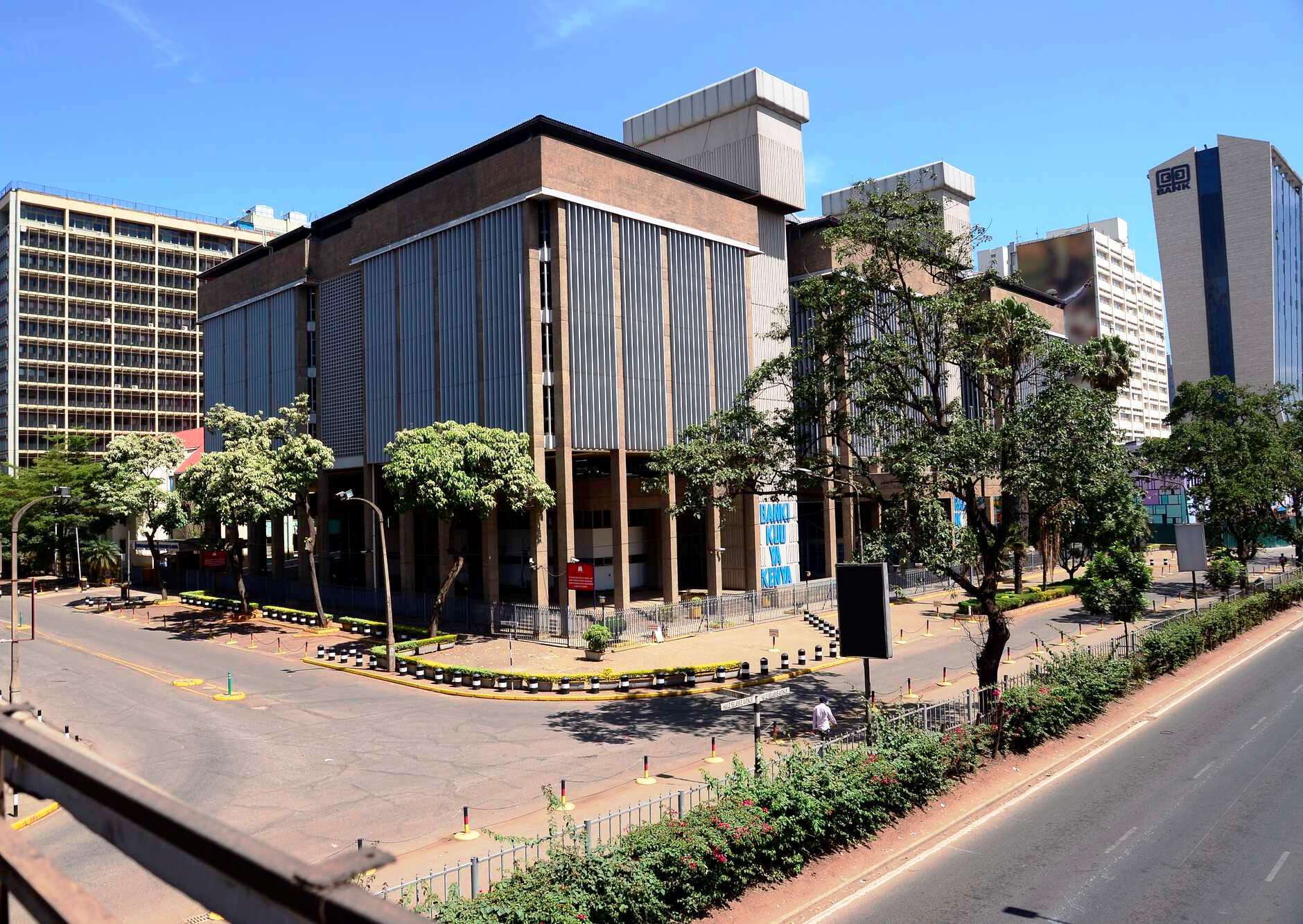By The Weekly Vision Team
In the polished corridors of Nairobi’s CBD, where glass towers glint in the sun and dealmakers sip artisanal coffee, one might expect legitimate enterprise to reign supreme. Yet beneath this veneer of respectability, a troubling financial trail has emerged, casting an unwelcome shadow over Commercial International Bank (CIB) Kenya, the Egyptian-owned lender that pledged to transform Kenya’s banking landscape following its full acquisition in 2023.
Barely two years later, the bank now finds itself squarely under the gaze of the Financial Reporting Centre (FRC), which is investigating CIB Kenya for allegedly facilitating a suspicious wire transfer of US$523,599.85 (approximately KSh 69.5 million) from a little-known entity in Laos.

The funds, channelled through the account of a Nairobi-based law firm, have been flagged as part of a potentially sophisticated money-laundering scheme. According to a report marked ‘Confidential’ from FRC dated 22 September 2025, the transaction shows possible breaches of the Proceeds of Crime and Anti-Money Laundering Act (POCAMLA) and has been forwarded to the Kenya Revenue Authority (KRA) for further scrutiny.
Under POCAMLA, banks are required to subject cross-border transfers to stringent checks, interrogating unusual sources, opaque beneficiaries, and uncommon transaction volumes. In this case, the funds originated from Phongsavanh Bank Ltd, a mid-tier lender in Laos, a country far better known for its rice fields and Mekong River tourism than for formal financial ties with Kenya.
Laos’ banking sector, still navigating long-delayed AML reforms, has been flagged repeatedly by international watchdogs, including the Asia/Pacific Group on Money Laundering, for weak financial controls. The idea that a Laotian entity, absent from Kenyan business records, would send over half a million dollars through a Nairobi law firm immediately raised red flags for investigators.
CIB Kenya’s account holder reportedly told investigators that the money was meant for Kenya’s Affordable Housing Programme, President William Ruto’s flagship plan to deliver 250,000 housing units annually. On the surface, it appears to be a noble contribution to a national development initiative. But a closer look tells a different story.
The Affordable Housing Programme is overwhelmingly funded by Kenyan taxpayers through the contentious 1.5% housing levy, matched by employers and supplemented by tax incentives for developers. By June 2025 alone, the state had collected KSh 73.2 billion from this levy. Why, then, would an obscure Laotian firm with no footprint in Kenyan real estate inject millions into a programme already flush with local revenue? The explanation appears flimsy, more mirage than truth, fuelling suspicion that the housing programme was merely a convenient smokescreen.
CIB Kenya’s recent history adds another layer of complexity. Formerly Mayfair CIB Bank, it was fully acquired by Egypt’s Commercial International Bank in January 2023, marking a strategic expansion into East Africa. The acquisition was approved by regulators in both Cairo and Nairobi and was expected to stabilize the mid-sized lender, which had struggled following the pandemic. New capital flowed in, branches were modernized, and digital products rolled out.
At the helm is CEO and Managing Director Abhinav Nehra, a seasoned banker with more than 35 years’ experience across Africa, Asia, and the Middle East. Nehra has promoted CIB’s “five-star banking” mantra, emphasizing SME lending, cashflow-driven financing, and stronger trade links between Kenya and Egypt. But this unfolding scandal threatens to puncture that polished narrative.
On 13 November, The Weekly Vision sent Mr Nehra a detailed letter through email and a copy by a reputable courier company, requesting clarification on critical compliance issues:
- Did the bank adequately verify the Laotian sender’s beneficial owner?
- Was the Nairobi law firm’s role thoroughly scrutinized?
- After the FRC alert, did CIB freeze the funds, notify authorities, or initiate an internal audit?
No response was received. Not even a holding statement. In an age when institutions are expected to uphold transparency and respond swiftly to public concerns, the silence feels deliberate, only deepening fears of a brewing cover-up.
Kenya’s financial system has long been vulnerable to laundering networks, from gold smuggling cartels to cryptocurrency fraud. Foreign-owned banks, with their international reach, pose even greater risks if compliance systems fail. CIB Kenya’s parent company boasts a strong compliance track record amid Egypt’s volatile economic climate, yet this incident raises doubts about whether the same standards are being upheld in Nairobi.
For SMEs, the backbone of Kenya’s economy and the very clientele CIB claims to champion, confidence in financial institutions is paramount. A single lapse can erode trust built over years. If CIB Kenya cannot effectively vet and police cross-border inflows, who will?





